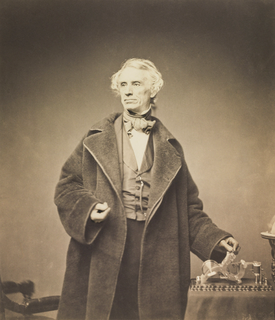A Quote by Benoit Mandelbrot
Bottomless wonders spring from simple rules, which are repeated without end.
Related Quotes
It appears that a simple rule, of something adhering to another similar idea, repeated, leads to stabilities. This seems to be a function of relational data sets, linked to rules, like in DNA chains that have infinite adaptability for sequencing proteins. Out of only four bases, which in turn are further limited by two rules of complimentarity, a myriad of forms arise.
Rules about public sanitation are a simple and familiar example. Without them, a city can't be a healthy place to live; but these rules don't just happen. The rules for a city are different from the ones for a village, but as a village slowly gets bigger, a city may be stuck with the rules of the village.
One of the horribly frustrating things about writing feature films is the rules everyone applies and says, 'You have to do this by the end of the first act and by the end of the second act you must introduce this.' As if there were rules to life or telling a story or the ways things happen, which of course there aren't.
To think that the affairs of this life always remain in the same state is a vain presumption; indeed they all seem to be perpetually changing and moving in a circular course. Spring is followed by summer, summer by autumn, and autumn by winter, which is again followed by spring, and so time continues its everlasting round. But the life of man is ever racing to its end, swifter than time itself, without hope of renewal, unless in the next that is limitless and infinite.
My own view is simply that there are some very basic rules; very simple rules that apply to all writing in a way, which is: don't lie; if you're wrong, correct; do not misrepresent; and try and keep oneself intellectually honest - which means, as a writer, the very difficult task in public of admitting you were wrong.






































